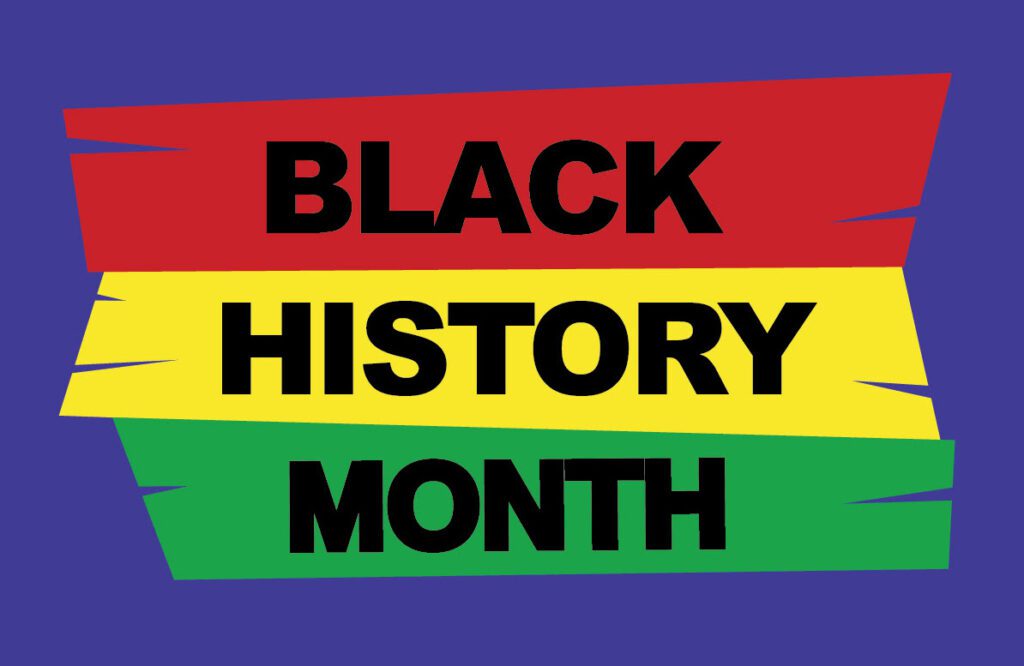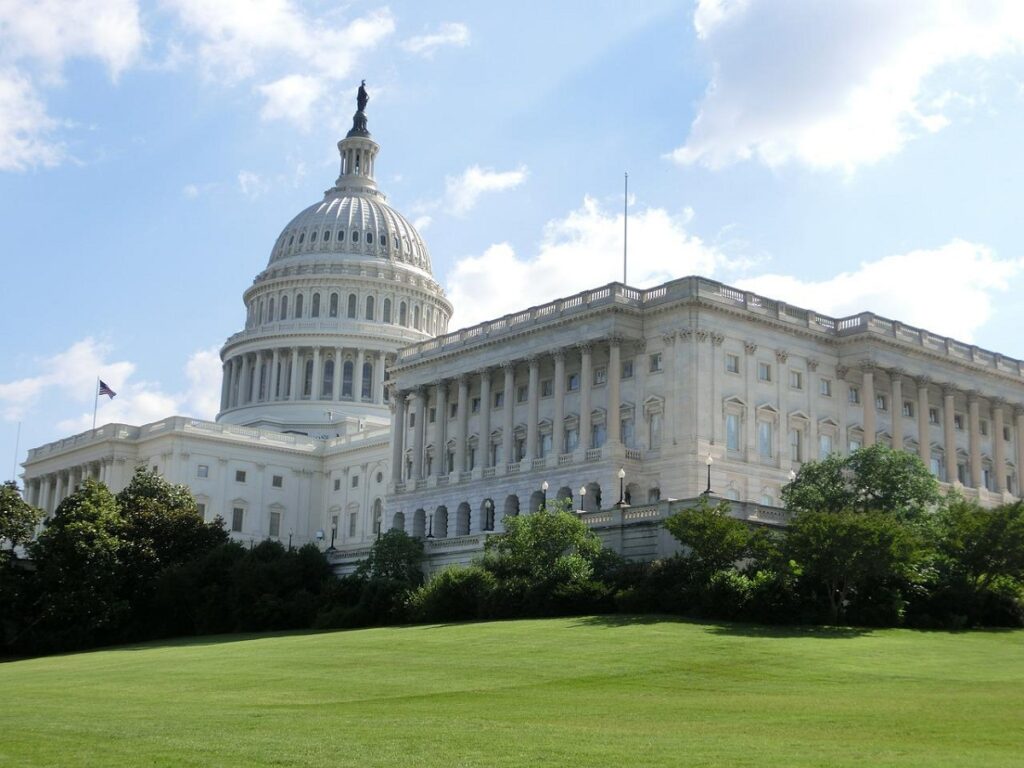Michelle Obama once said, “We can’t afford to wait for the world to be equal to start feeling seen.”
Today is the first day of February, Black History Month. To honor the many Black and African American scientists who have made important contributions to history, we’re highlighting 25 trailblazers who significantly impacted the fields of science and technology.
Agriculture & Environment






Dr. Deirdra Chester is the Acting Director of the Office of the Chief Scientist (OCS) at the U.S. Department of Agriculture, where she leads collaboration activities for science programs that support scientific excellence, innovation, and capacity to achieve USDA’s mission. Dr. Chester is the recipient of numerous honors and awards, including the Mary C. Egan Award by The American Public Health Association Food and Nutrition Section and Circle of Excellence Alumni Award by Florida State University’s College of Human Science.








Michael S. Regan was sworn in as the 16th Administrator of the U.S. Environmental Protection Agency in March 2021, becoming the first Black man and second person of color to lead the agency. Previously, he was the Secretary of the North Carolina Department of Environmental Quality (DEQ), securing under his leadership the largest coal ash clean-up in United States history. Before that, Regan served as Associate Vice President of U.S. Climate and Energy and Southeast Regional Director of the Environmental Defense Fund.


Biotech




Dr. Kizzmekia “Kizzy” Corbett co-developed the COVID-19 Moderna vaccine with her team at the National Institutes of Health (NIH) when she was just 34. The immunologist has garnered several prestigious awards, including the Benjamin Franklin Next Gen Award, the Salzman Memorial Award in Virology, and Time magazine’s Heroes of the Year. She is now an Assistant Professor of Immunology and Infectious Diseases at the Harvard T.H. Chan School of Public Health.


Jackie Grant is a Principal at Abingworth, a life science venture that invests in biotech startups. Finding no fellow Black women as decision makers at top biotech venture firms, she was impassioned to put investment power in the hands of underrepresented racial minorities. With a Ph.D. in neuroscience from Stanford School of Medicine and an MBA from Stanford Graduate School of Business, Jackie has over 15 years of life sciences experience, including science, research, business development, and venture investing.


[embedyt] https://www.youtube.com/watch?v=a86a6lqR2-0[/embedyt]




Paul Mola co-founded Roswell Biotechnologies in 2014. As a team of veterans in genomic sequencing, Roswell seeks to radically transform the way we live by digitizing biology. Mola brings more than 20 years of leadership and executive experience in the life science industry, and guided by his knowledge and vision, the Roswell team set out to transform health. Their mission is to produce devices that can be informed with dynamic knowledge—the first molecular electronics chip—moving testing from labs into the hands of individuals.


Jen Nwankwo holds a Ph.D. in Pharmacology & Experimental Therapeutics from Tufts University School of Medicine. Described as a “phenomenal talent,” she co-founded 1910 Genetics Inc. where she is also the CEO. 1910 Genetics integrates AI, computation, and biological automation to accelerate the design of small molecule and protein therapeutics.
Chemistry, Engineering, & Physics






Medicine




Sigourney Bell and Henry Henderson III started #BlackInCancer in 2020, one of the #BlackInX movements, to highlight and support Black cancer researchers. Sigourney Bell is a Ph.D. student in oncology at the Cancer Research UK Cambridge Institute at the University of Cambridge.


Henry Henderson III is a cancer biologist, a postdoctoral researcher at Vanderbilt-Ingram Cancer Center, and a health-promotion advocate.
#BlackInCancer, in collaboration with the Emerald Foundation, a private biomedical research foundation, has given away more than $400,000 in funding for Black scientists.






Dr. Catherine Namugga Kibirige developed a new, more sensitive assay test to detect more of the various HIV subtypes and variants. Dr. Kibirige’s test sensitively quantifies diverse strains of HIV to advance vaccine and cure research. This will help the most in need in Africa and aid in HIV research globally.




Julie Makani is a Tanzanian medical researcher highly celebrated for her work with sickle cell disease. Makani is a co-founder of the Sickle Cell Foundation of Tanzania and has dedicated two decades of her life to developing and improving treatments for the disease. In addition to winning the Royal Society Pfizer Award in 2011, she was named one of the BBC’s 100 Women of 2019, recognizing her work in influencing health policy in Africa to improve access to testing and medicines for the entire population.


Dr. Elizabeth Odilile Ofili is a nationally and internationally recognized clinician-scientist focused on cardiovascular disparities and women’s health. In 2000, she was named the first female president of the Association of Black Cardiologists. She led the initiative to implement the landmark African American Heart Failure Trial (AHEFT), the findings of which led to a change in practice guidelines for the treatment of heart failure in African Americans.


Professor George Warimwe is a principal investigator at the KEMRI Wellcome Trust in Kilifi, Kenya, recognized for his research into viral infections transmitted between humans and animals. He won the prestigious Royal Society Africa Prize in 2021, awarded to researchers and science communicators who “play a critical role in expanding our understanding of the world around us.” While working for the Jenner Institute, Warimwe initiated a One Health vaccine program in which vaccines against Rift Valley Fever and other zoonotic disease indications are co-developed for deployment in humans and the respective animal hosts of infection. Some of his work on COVID-19 serology in Kenya has helped inform the nation’s pandemic response.
Space






